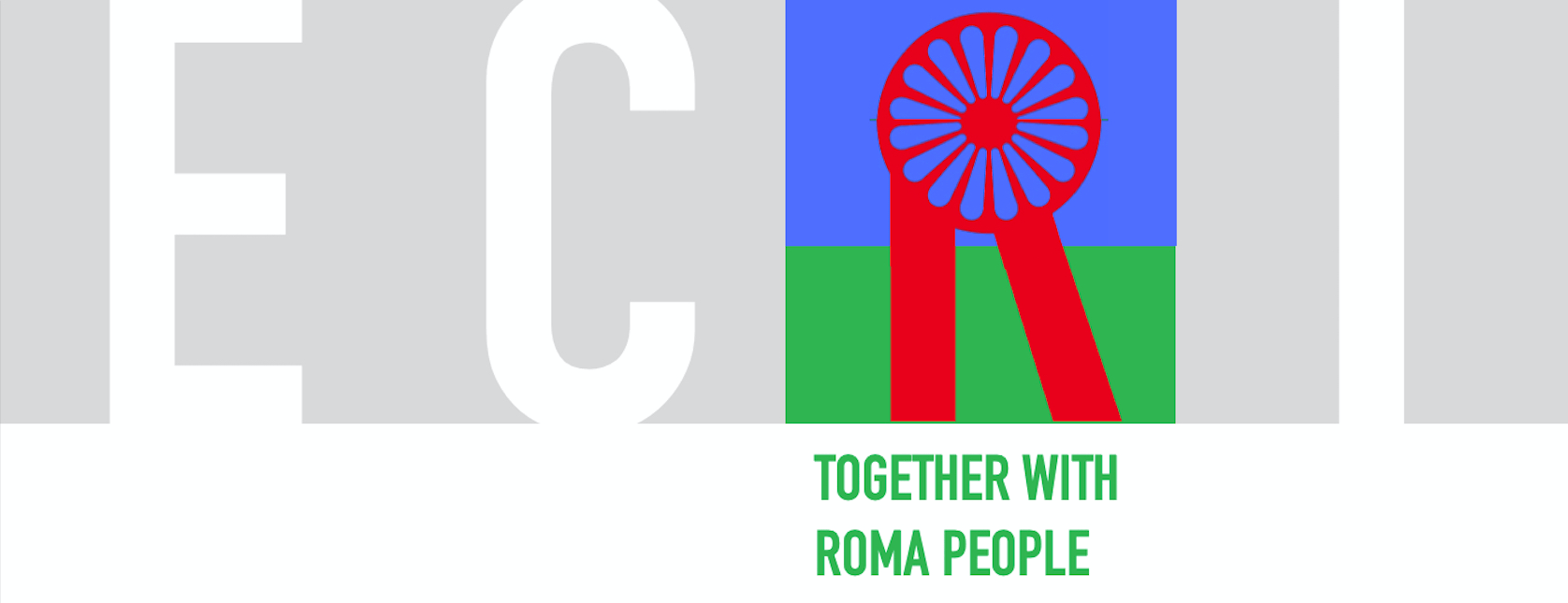Wich allowed me to…
A doctor, a history teacher, a medical student, an actress, a construction worker, a seamstress… These professions are practiced by Roma people in Bulgaria, Romania, France and Germany. Some of these occupations do not fit the stereotypes and stigmatizing views of Roma. In each of the ECRI project’s video interviews, these women and men talk about how, despite all the obstacles, they were able to access these professions or certain favourable living conditions.
Discover the stories of Alina Serban, Vesko and Zlatka, Zaprya Hristec, Sasho Chriskov, Corina Taba and Roxanna-Lorraine Wiit.
Alina Serban
Before walking the steps of the Cannes Film Festival in 2018 for her role in Alone at my Wedding, Alina Serban, born in 1987, had several lives. Her parents lost their home and her mother was imprisoned when she was eight. She then grew up in a boarding school which enabled her to study at university, then at New York University and at the Royal Academy of Dramatic Art in London. She is now a writer, director and actress who says she tells her story to fight racism and discrimination against Roma. She is one of Europe’s best-known Roma actors.
Vesko and Zlatka
Vesko and Zlatka have been living in Bordeaux since 2012 and have two children. They joined Vesko’s father in this city, who had been living there since 2003. In Bulgaria, Vesko has worked in the construction industry since he was 15 years old, he is now specialised in façade plastering. They refused to live in a squat and managed to find accommodation through an acquaintance. They both tell us why they came, their living conditions and their ambitions for the future.
Zapryan Hristev
Zapryan lives in a small village near Plovdiv where he was once mayor. His childhood dream was to be a doctor, but he eventually became a biology and chemistry teacher by choice after his university studies. His parents were poor but they always supported him during his studies, which he financed by working and being helped by the Soros Open Society organisation. Zapryan, whom we meet in Europe’s largest Roma neighbourhood, Stolipinovo, tells us what was decisive in his journey.
Sasho Chrikov
Sasho is 21 years old, lives in Plovdiv and is studying dentistry. His dream is to specialise in Canada or the United States and settle in one of these countries. He speaks bluntly of the young people in the neighbourhood who only think about marriage, cars and showing off. Personally, he sees no other solution than to leave his country, where a Roma cannot have a dignified life as he wishes. We meet him in Stolipinovo, in the premises of the Association Youth Club Roma Stolipinovo directed by Asen Karagyozov, which supports him.
Corina Taba
Corina is an oncologist at the public hospital in the city where she was born, Ploiesti. She says she is from a mixed family, only her father is Roma. Her parents had to brave the prohibitions in their families and social circles to get married. Corina says that she became aware of her Roma identity late in life, but now claims it for reasons of collective political emancipation. She wanted to be a doctor since childhood, and she talks about the personal reasons and support that enabled her to do so. We meet Corina at the Roma Education Fund in Bucharest.
Roxanna-Lorraine WIIT
Roxanna, a German-born Sinti, runs the organisation Safe space from Dortmund, which promotes inclusion, intersectionality and empowerment of Sinti (or Sinté) and Roma. The Sinti share an Indian origin with the Roma but came to Western Europe in the Middle Ages. The Sinti were deported by the Nazi regime to concentration and extermination camps, just like the Roma. A majority of them did not survive. Part of Roxanna’s family was also a victim of genocide. This trauma is for her essential in understanding the contemporary period marked by multiple discriminations.


